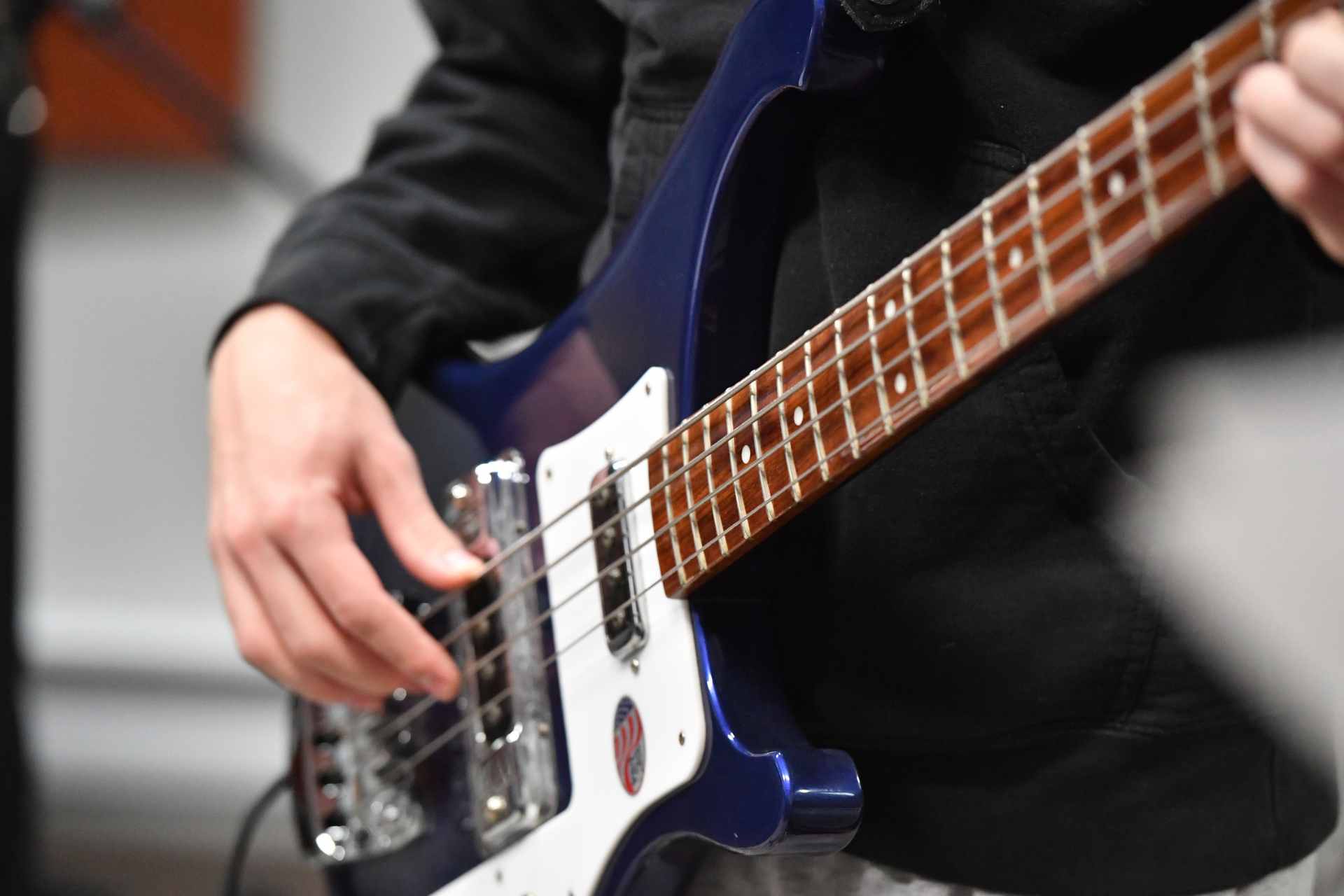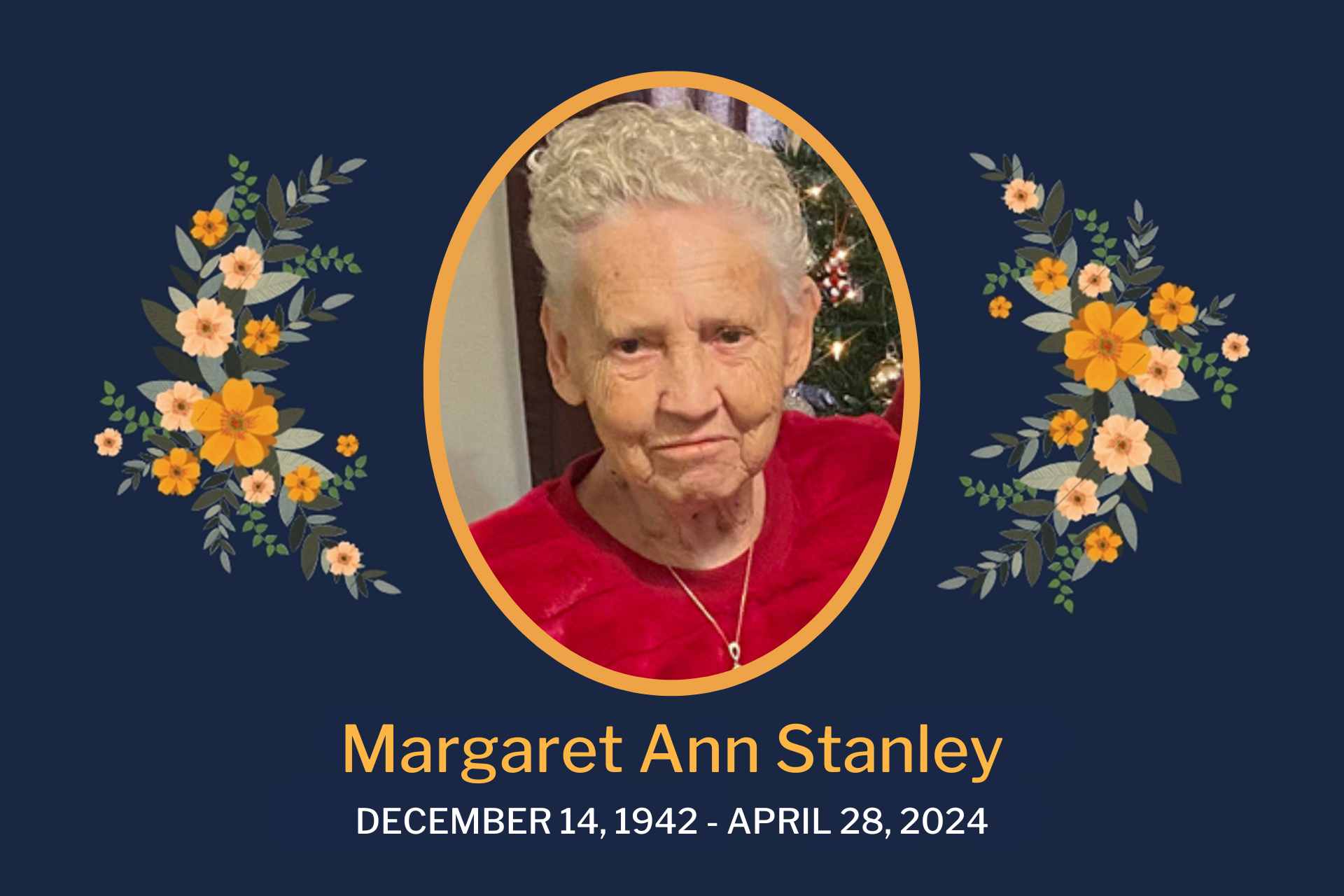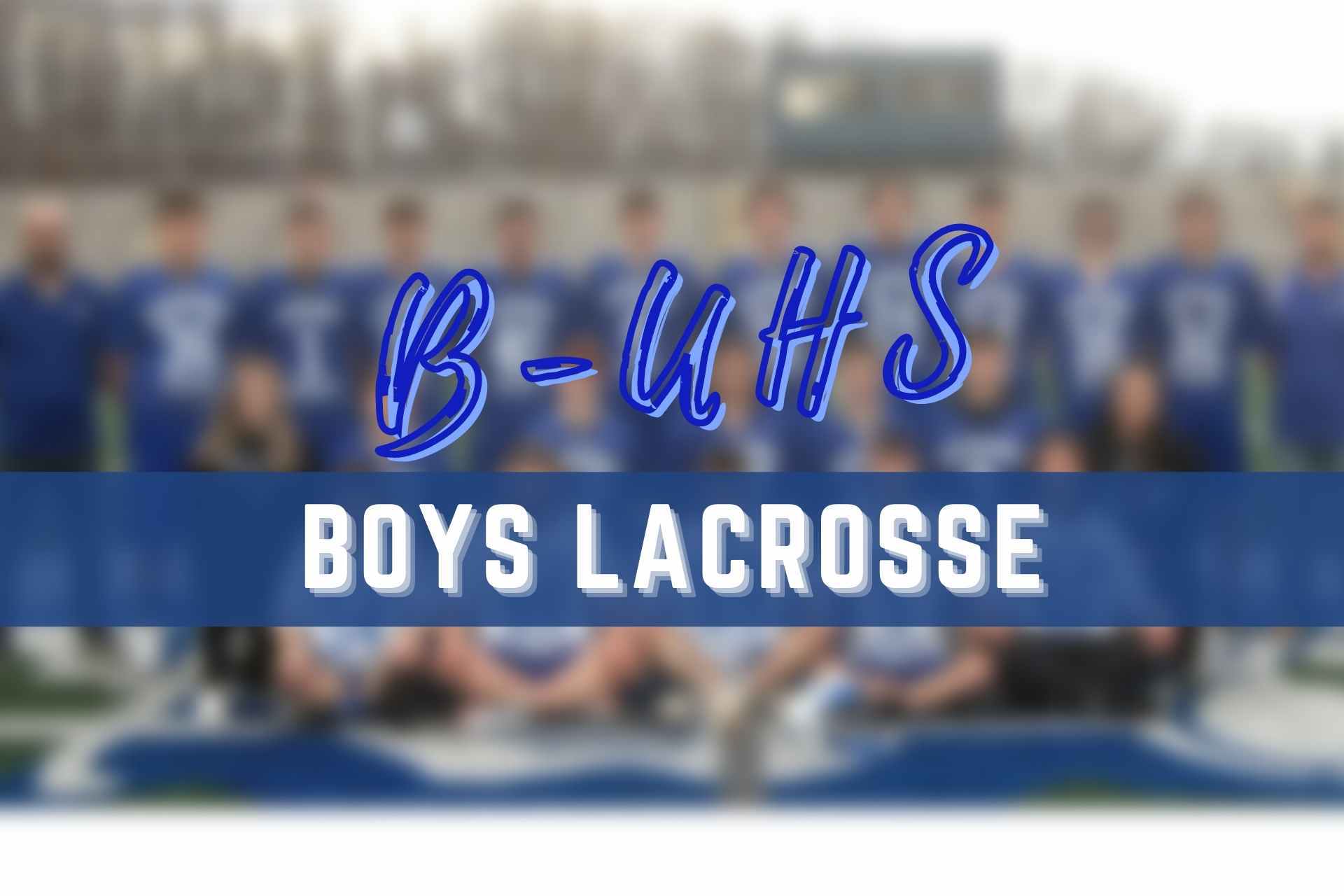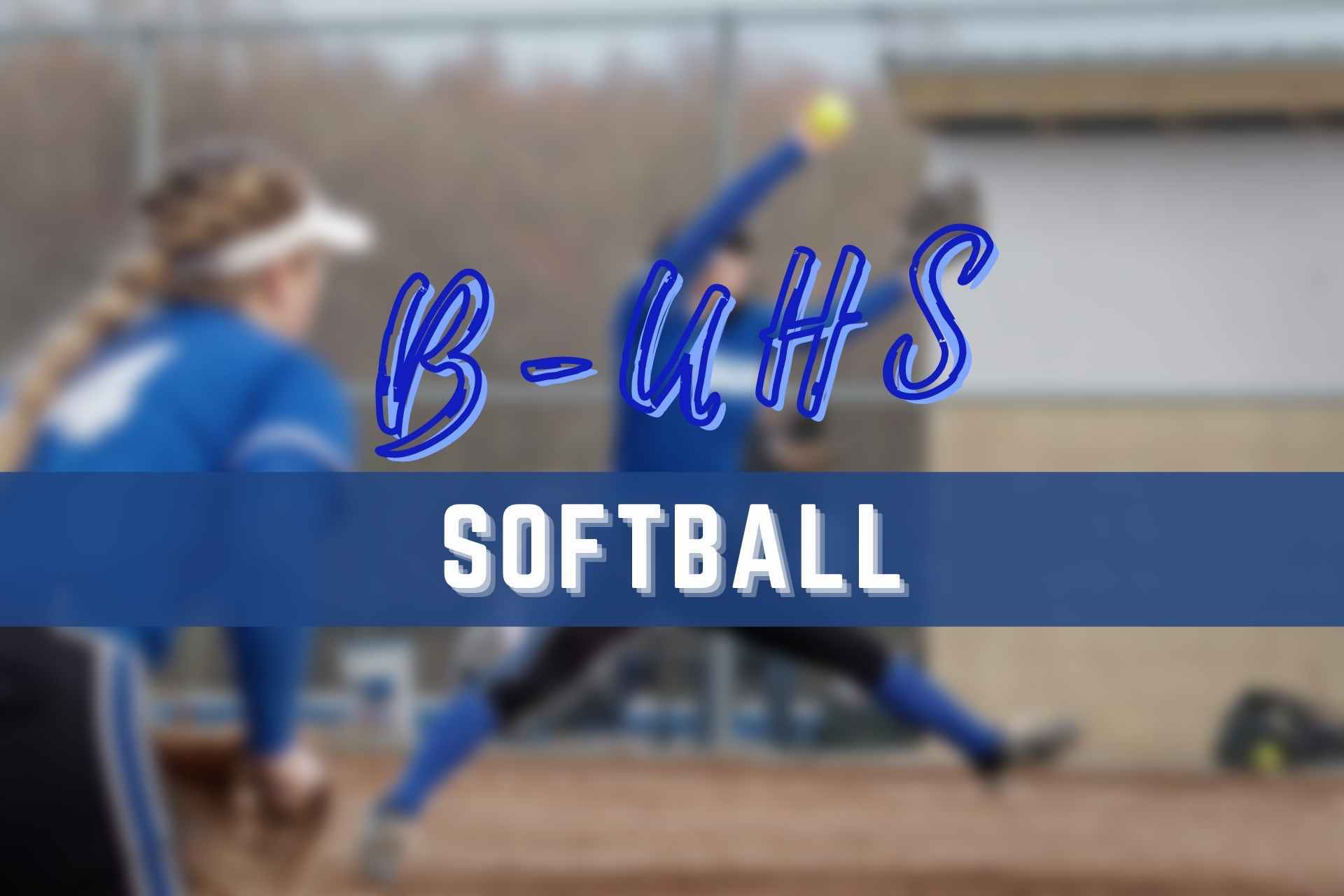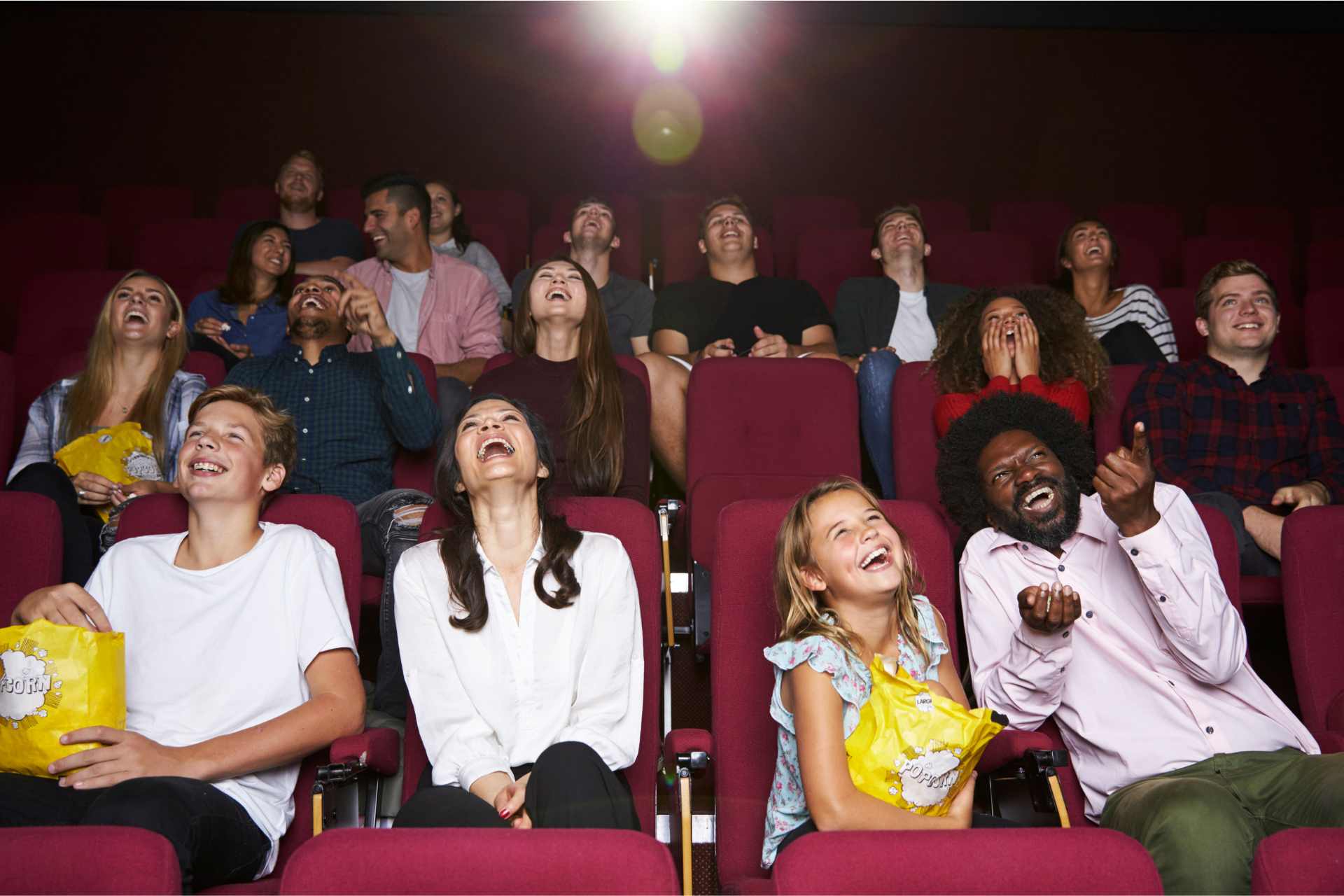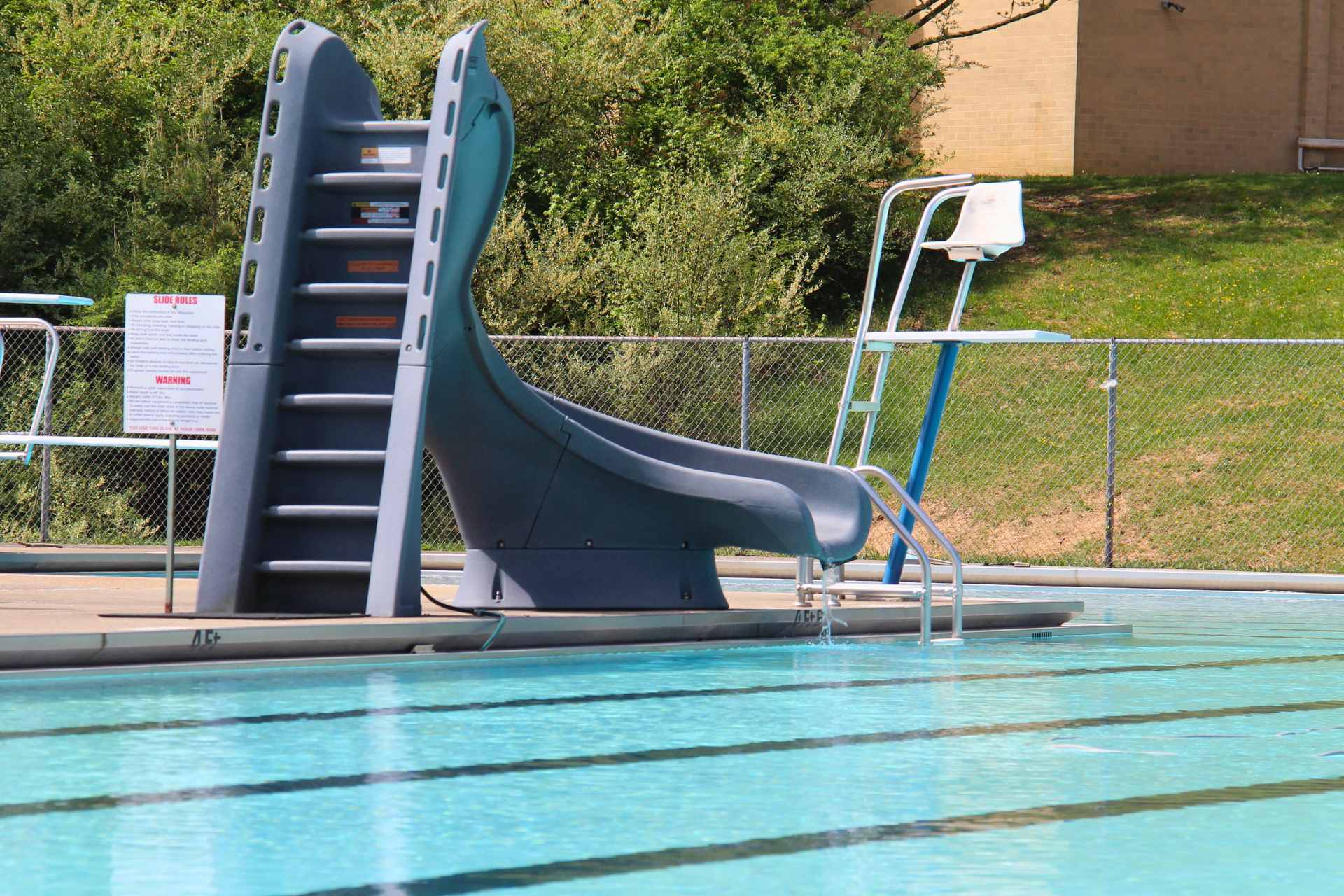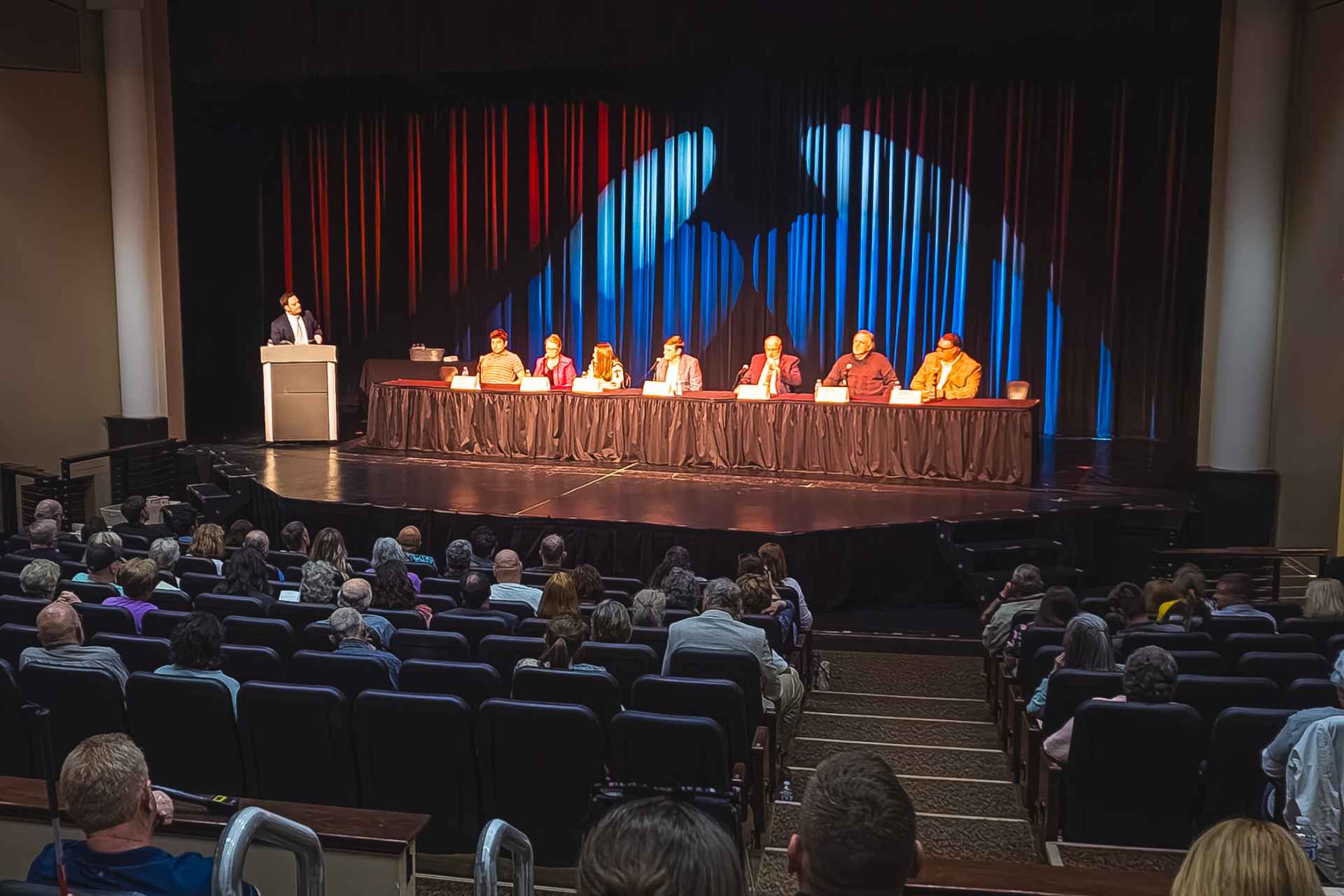Artificial intelligence could help determine the verdicts of future court cases involving musical copyright, according to West Virginia University College of Law researchers.
Law student Angelyn Gemmen, a Morgantown native, and Professor Sean Tu said they believe using AI to verify the originality of a piece of music would allow courts to stop relying on “a battle of the experts” and the human ear in cases of copyright infringement.
In an Innovate Magazine article, Gemmen and Tu explain how use of AI may have helped in a recent case involving singer-songwriter Ed Sheeran. AI could have made the Sheeran musical copyright case more fact-driven, less biased and might have prevented litigation.
Sheeran has faced multiple accusations of copyright infringement, including a lawsuit filed by the estate of Edward Townsend, who co-wrote the 1973 hit “Let’s Get It On” with Marvin Gaye. Townsend’s estate claimed Sheeran’s 2014 song “Thinking Out Loud” was substantially similar to “Let’s Get It On.” Sheeran, however, argued the four chords used in both songs are common building blocks in pop music and a federal court ruled in his favor.
“The problem is, for songs to be part of the same genre, elements are going to be similar,” Gemmen explained. “A spy novel will have a femme fatale in it, a movie about New York will have yellow taxi cabs in it and pop music is going to have these four chords in it. This idea is intuitive to people and can be made more obvious through artificial intelligence.”
She said an AI can be programmed to make distinctions between songs in the same genre and true copyright infringement.
Gemmen and Tu’s work on the topic has evolved from Tu’s 2020 publication in the West Virginia Law Review exploring how the copyright infringement test relies on a judge’s or jury’s intuition to decide whether the works in question are “substantially similar” to each other.
Tu said that while the “I know it when I hear it” test sometimes includes testimony from forensic musicologists and professional musicians, the results are generally inconsistent because both parties will hire their own experts focusing on either the differences or similarities of the works depending on which side they are on. He added, “AI could substitute for this ‘battle of the experts,’ which can confuse both judges and juries. If all the artists, songwriters, forensic musicologists, computer programmers, engineers, producers and everyone in the music industry who’s a real stakeholder could come up with an algorithm, they might not have to get into litigation.”
According to Gemmen, musical copyright violations can be difficult to prove or disprove in court, especially when decisions are made by a judge or jury without musical training. AI, however, has two potential training paths available.
“Under the first training path, supervised learning, musicologists or professional musicians might go through a huge data set and judge ‘substantial similarity,’ and AI could learn from the decisions made by this group of human experts about whether certain songs are similar or not,” she said. “In unsupervised learning, on the other hand, you give the AI all the music and tell it to figure out on its own which songs are similar and which ones aren’t.”
When copyright infringement does occur, Gemmen said it appears to usually be unintentional, as a musician can “absorb” a piece of music without later recognizing it as the property of another artist. That doesn’t exempt them from liability, though, as George Harrison discovered in 1976 when he was held responsible for “subconsciously plagiarizing” the Chiffon’s 1963 hit “He’s So Fine” in “My Sweet Lord.”
“Famous musicians feel like their artistic integrity is being questioned because of these trials, and they threaten to leave music or, like Sheeran, to record and document all of their sessions when they’re writing a song,” Gemmen said. “I think artists and songwriters would really lean into having some kind of objective test.”
She said she also believes AI can serve as a flagging system for artists who could use it to check songs before they’re released, like students who utilize plagiarism checkers before turning in papers. Additionally, the insurance industry might be willing to insure artists and record labels who are willing to subject their songs to an AI similarity test before their music is released.
“These court cases are currently a roulette wheel for artists,” Gemmen said. “They want some stability and consistency when it comes to infringement liability. AI might be a good tool to help predict how things are going to go before a lawsuit is even filed.”
